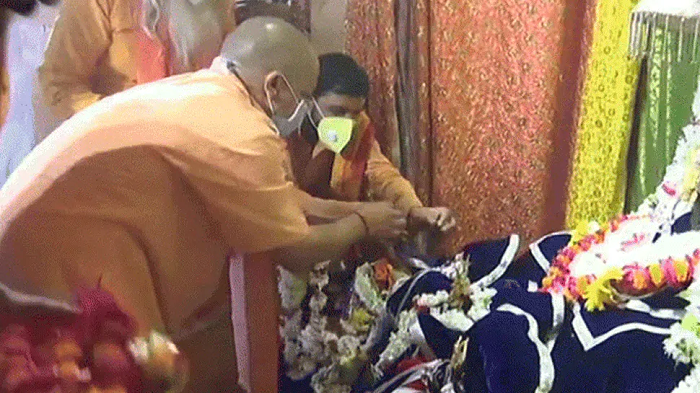
Kochi, September 13: Prime Minister Manmohan Singh has said media should avoid the desire to be sensational and exercise restraint so that nothing that divides society and country is written, broadcast or telecast.
The media has a very important role to play in promoting greater communal harmony and inter-group and inter-community dialogue and its reporting and opinions should be "fair, objective and balanced", Singh said.
"The desire to be sensational should be avoided even though it is very tempting sometimes. Restraint should be exercised so that nothing that divides our society and country is written, broadcast or telecast", he said inaugurating golden jubilee celebrations of Kerala Union of Working Journalists.
Singh's advice to the media against sensationalism came while referring to the recent violence in Assam and its reverberations in other parts of the country which saw exodus of north-easterners back to their home states.
"Today our country is going through difficult times. The unfortunate incidents of the past few months have brought out worrying faultlines in our society", he said.
Singh said the tragic developments in Assam and their reverberations in Mumbai, Pune, Bangalore, Chennai, Hyderabad and other places have shown that "We cannot afford to take social peace and harmony for granted".
He emphasised the need to be constantly vigilant and work continuously towards promoting greater communal harmony and inter-group and inter-community dialogue.
Prefacing his advice to the media, he said, "We are proud that freedom of expression is a constitutional guarantee in India. The media in our country is not just a reliable barometer of public opinion; it is also the conscience-keeper of our nation."






Comments
Add new comment